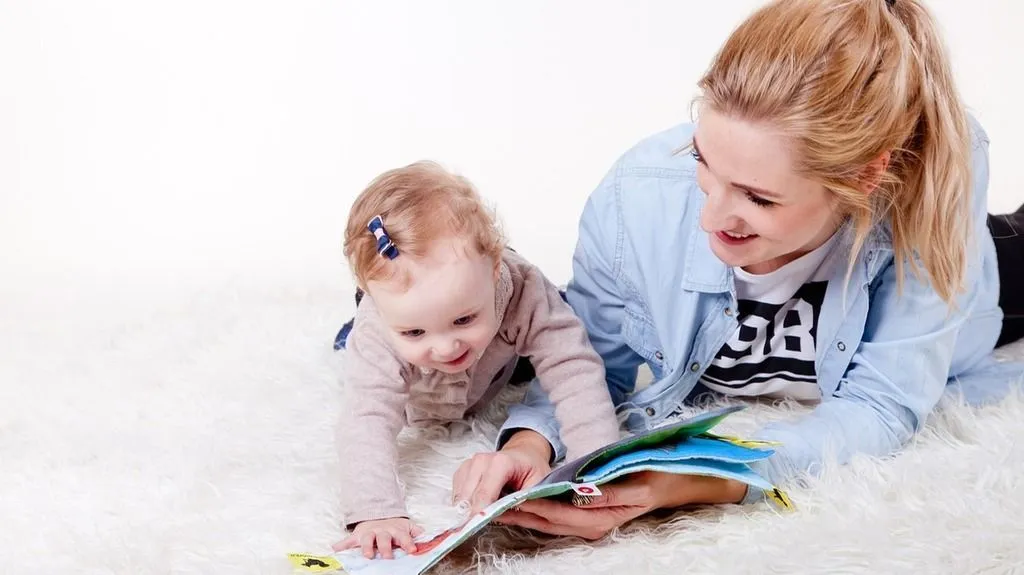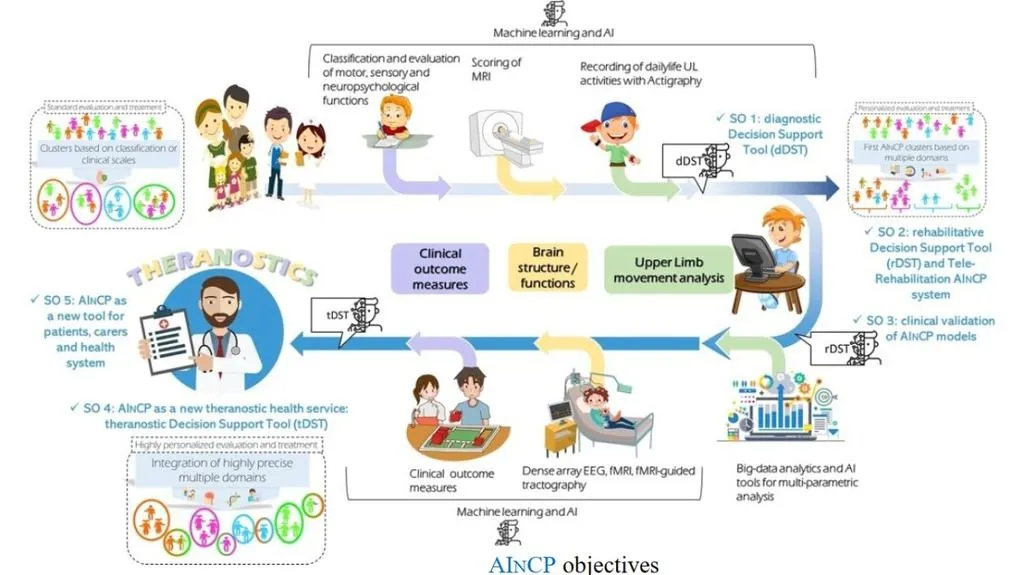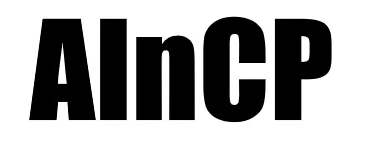AI FOR ASSESSING CHILDREN WITH CEREBRAL PALSY
AInCP
Unilateral cerebral palsy is the most common neurological chronic disease in childhood, with a significant burden on children, their families and health care system.

AInCP aims to develop evidence-based clinical Decision Support Tools for personalized functional diagnosis, Upper Limb assessment and home-based intervention for children with unilateral cerebral palsy, by developing, testing and validating trustworthy Artificial Intelligence tools.

The role of Noldus
Noldus will develop an observation module for multi-modal monitoring of the children. The module will integrate data from eye tracking and other sensors with audio-video streams.
Partners
The project is led by the University of Pisa and there are ten other universities and companies involved.
Funding
AInCP is funded as part of the European Union’s Horizon Europe program (grant number 101057309).


More information
To find out more, you can contact us or visit the project website.